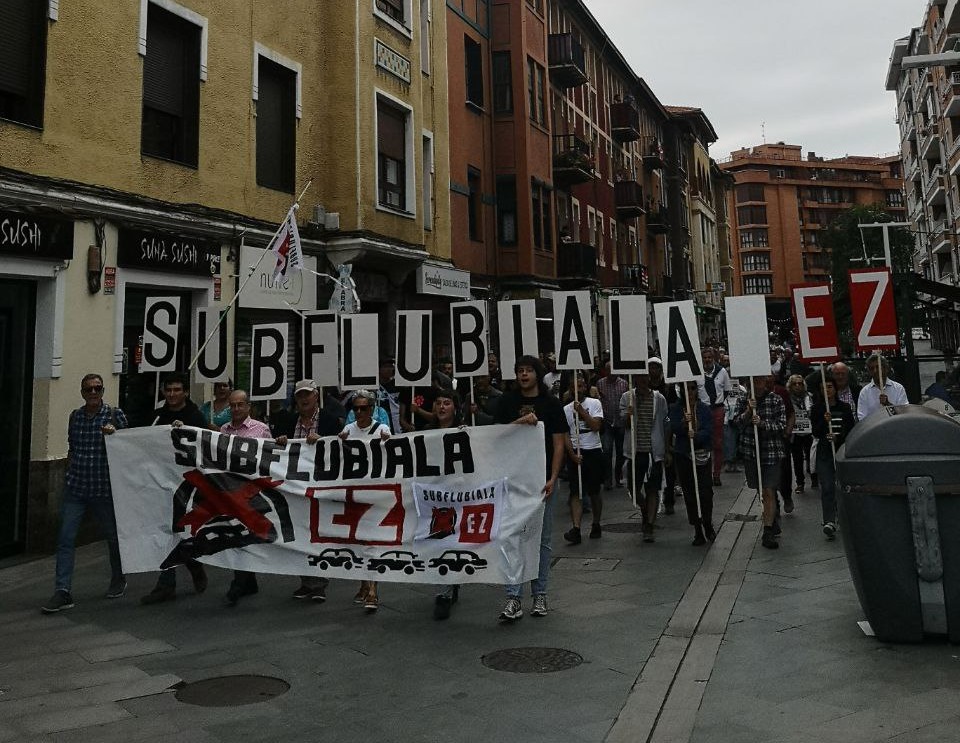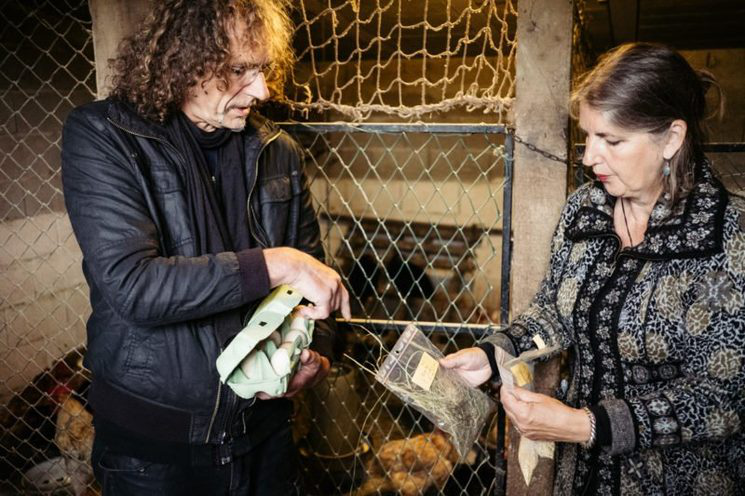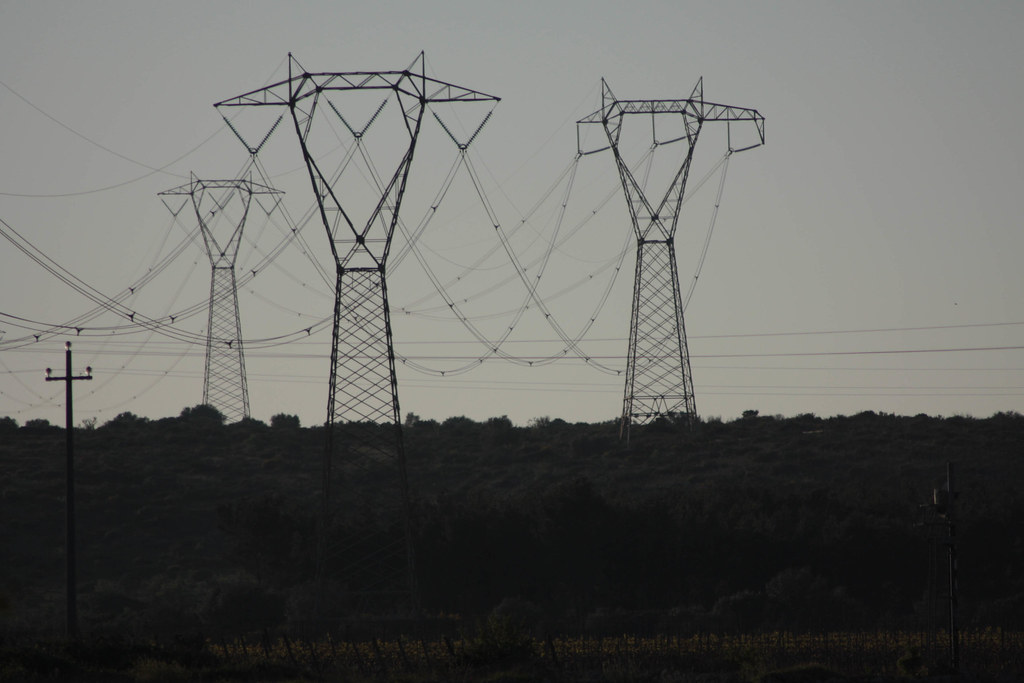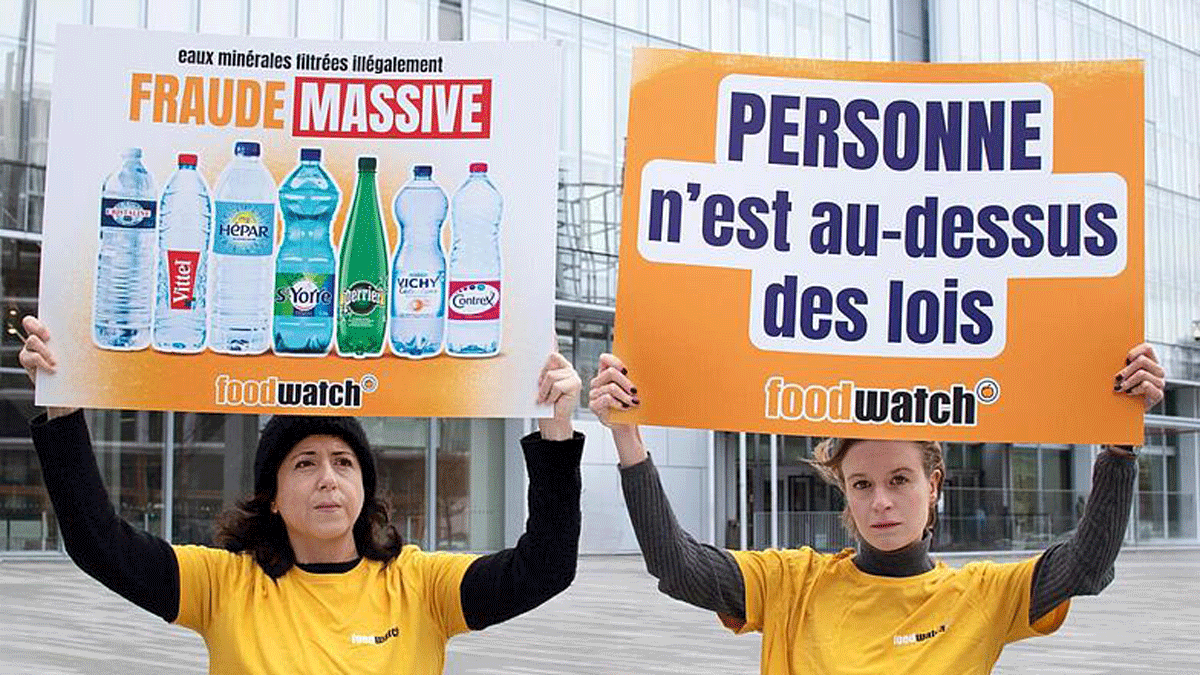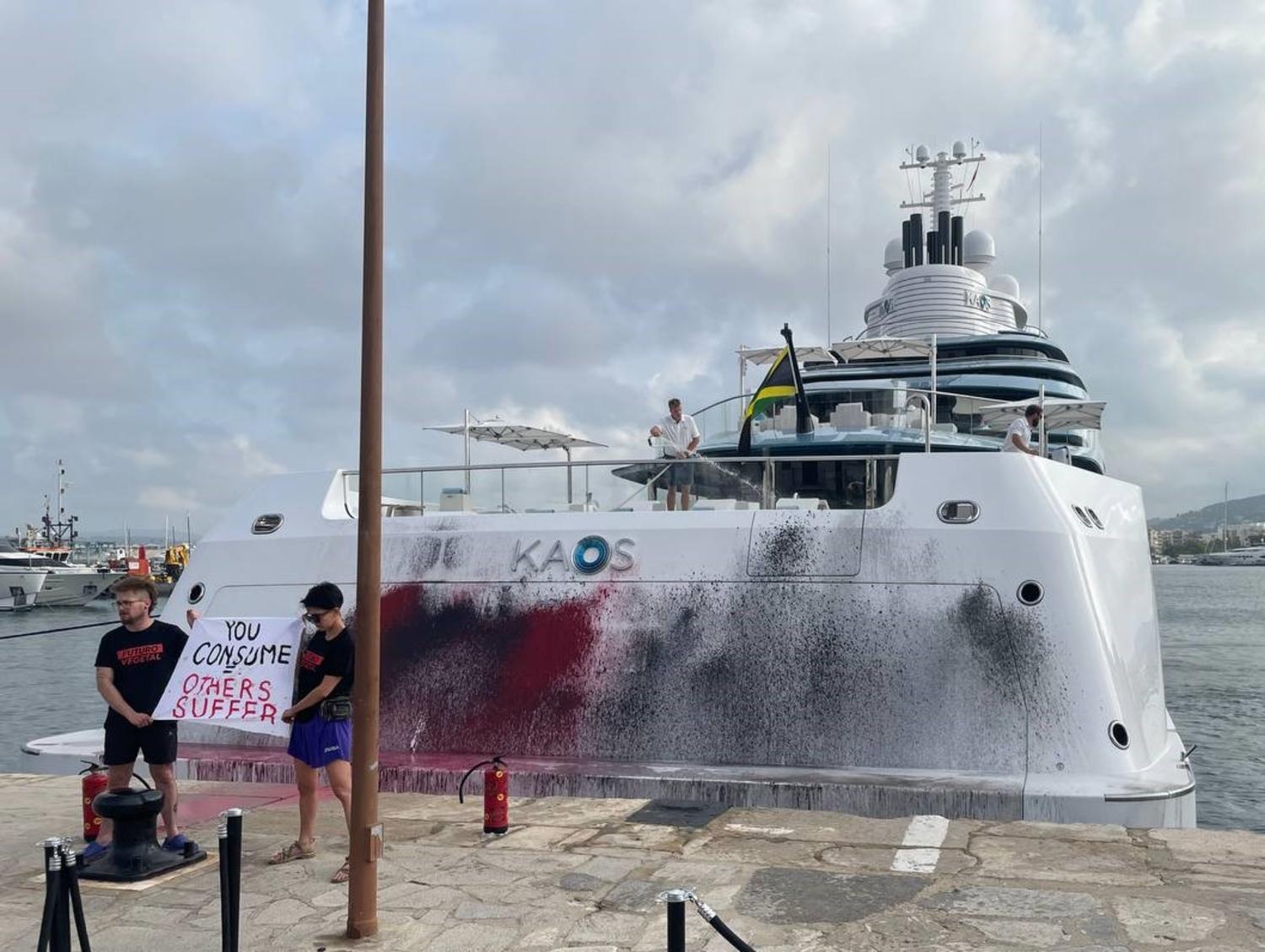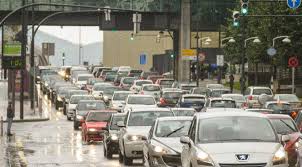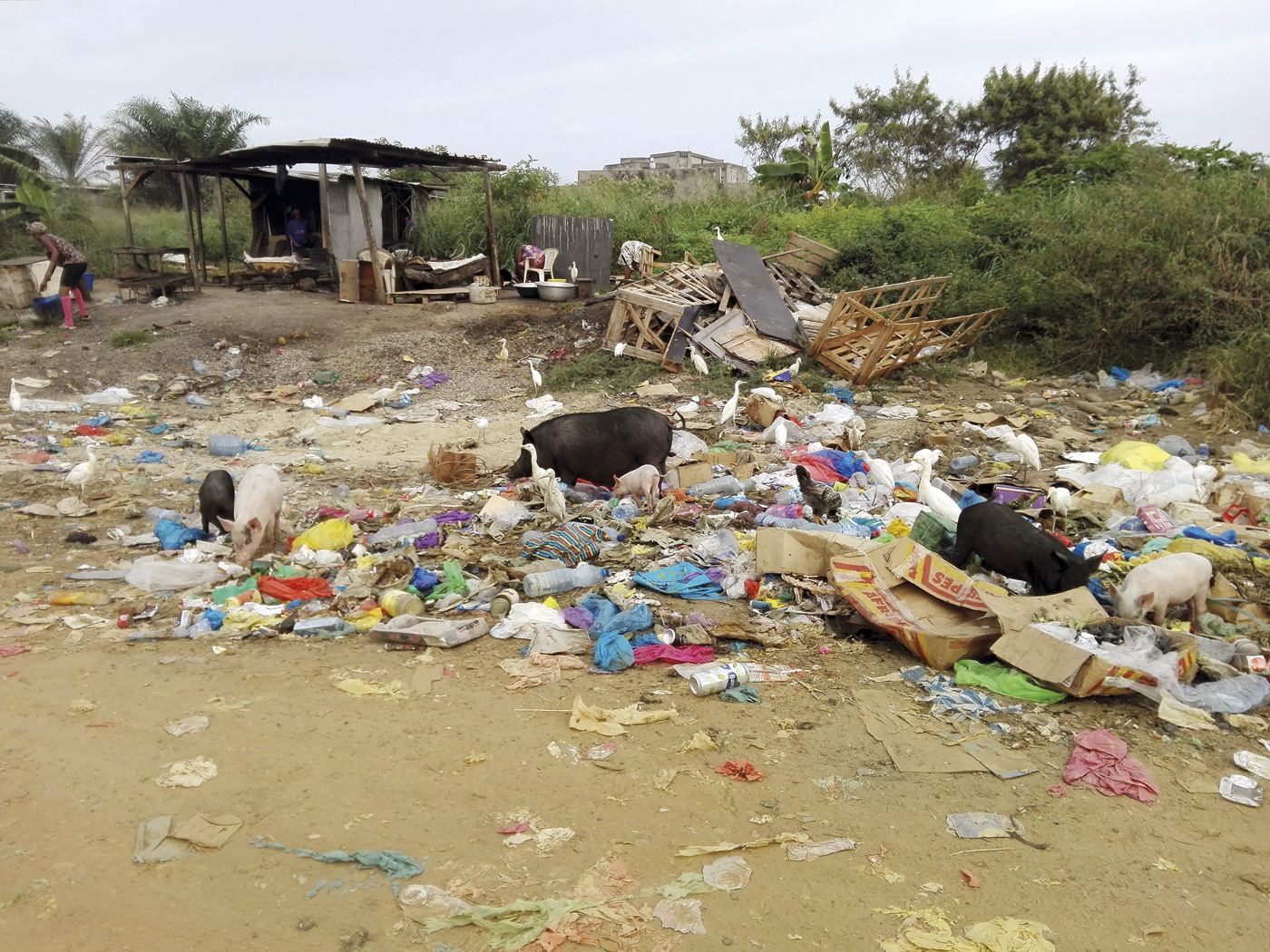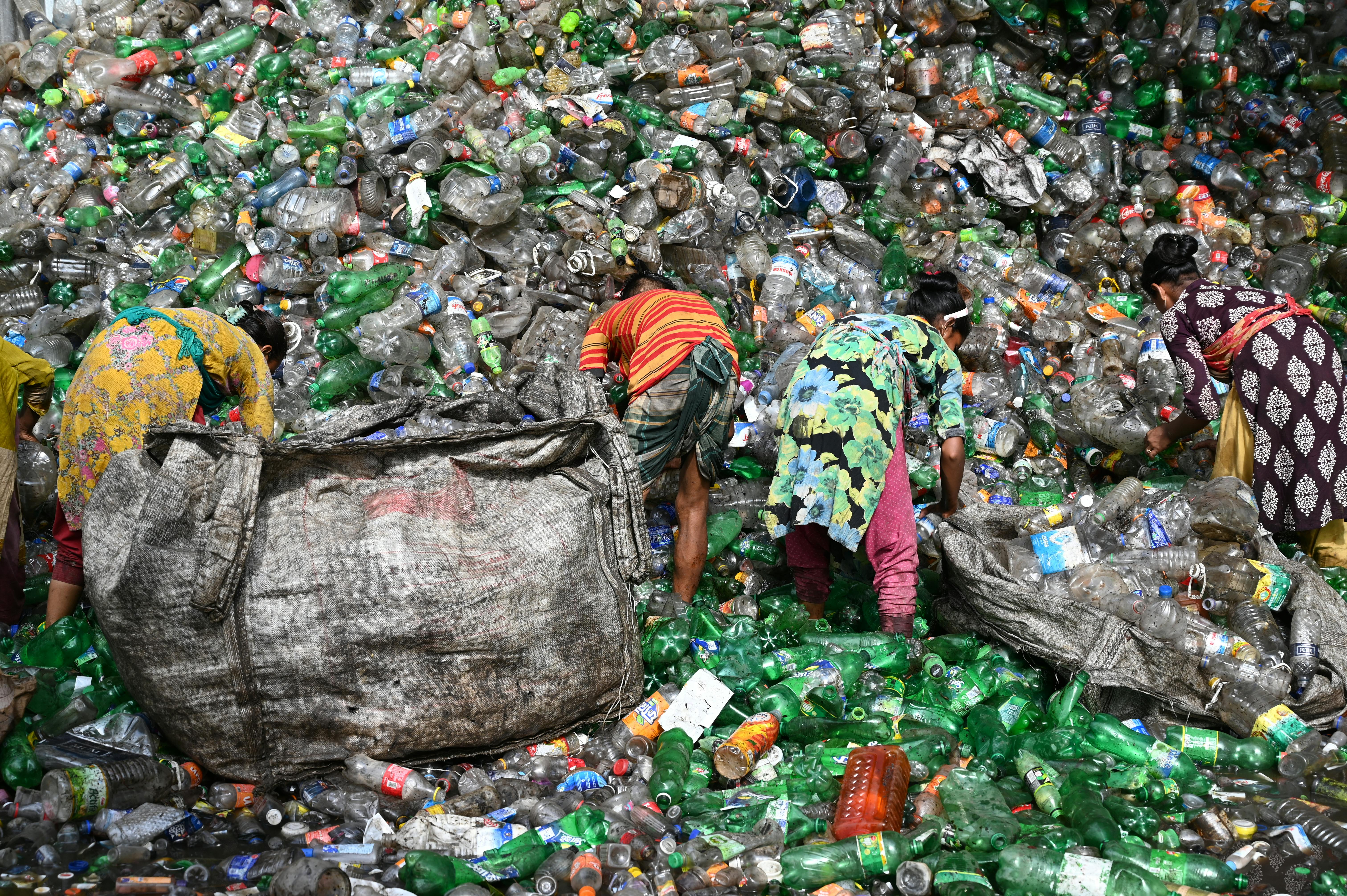Combating superbugs requires reducing pollution
- According to a recent report by the United Nations Environment Programme (UNEP), the reduction of widespread contamination by the drug industry, industrial cultivation and health is mandatory in order to establish a barrier to the emergence, contamination and spread of superbugs. It is the Superbacterial or Multi-resistant Bacteria that have developed resistance to all known antibiotics, that is, those that cause more and more bacteria, viruses and parasites in the world that face any treatment.

The fact that bacteria resistant to all antibiotics spread all over the world means that, if things persist like that, many of the antimicrobial treatments could lose their curative capacity, even those used to cure mild infections. The World Health Organization (WHO) has included this risk in the list of the top ten health threats to humanity.
The United Nations Environment Programme (UNEP) Working Group on High Resistance Bacteria recently presented at the meeting on the island of Barbados the study that generated the alert: “Preparing for superbugs: a Single Health that aims to strengthen environmental intervention”.
According to the World Health Organization (WHO) estimates, in 2019, 1.27 million people died from infections able to cope with medicines, a figure that by 2050 stands at ten million more, that is, equal to cancer deaths by 2020.

Inger Andersen, Executive Director of the United Nations Environment Programme (UNEP), explained that “Air, soil and stream pollution is the cause of the human right to a clean and healthy environment. As has been shown, these same factors that damage the environment also exacerbate the microbial problem of drug resistance. Microbial drug resistance would destroy our health and our feeding systems. Reducing pollution is critical to moving towards ‘zero hunger’ and improving health in this century.”
The UNEP dossier has highlighted the sources of pollution to be repaired as a matter of priority: sewage infiltrations and waste treatment. To this end, it is necessary to establish sound legal frameworks for each country to improve environmental conservation in their respective plans, with particular attention to chemical pollution and waste management.
It is also necessary to establish as a guide for authorities the microbiological indicators that warn of the evolution of superbugs in samples collected in the environment. Investment plans should also be adapted to ensure that the fight against drug-resistant microbes is adequately resourced.
According to UNEP, one must be aware that the health of people, animals and plants is intimately linked and interdependent. Coordinated action to preserve the environment is the only way to tackle the threefold planetary crisis, i.e. rising temperatures, the tendency to extremes of climate and change in land use, which transform microbial diversity and pollution, both biological and chemical.
Barbados Prime Minister Mia Amor Mottley pointed out in the presentation of the ‘One Health Only’ plan that “if the environmental crisis of these times is also a human rights and geopolitical crisis. This UNEP report, which now publishes on drug-resistant microbes, also denounces the lack of equality at a global level, as the superbacterial crisis is too harmful to the South's sufferers. We must work together to address the course of this crisis, raising awareness of humanity and putting the problem at the centre of the international agenda of the countries of the world.”
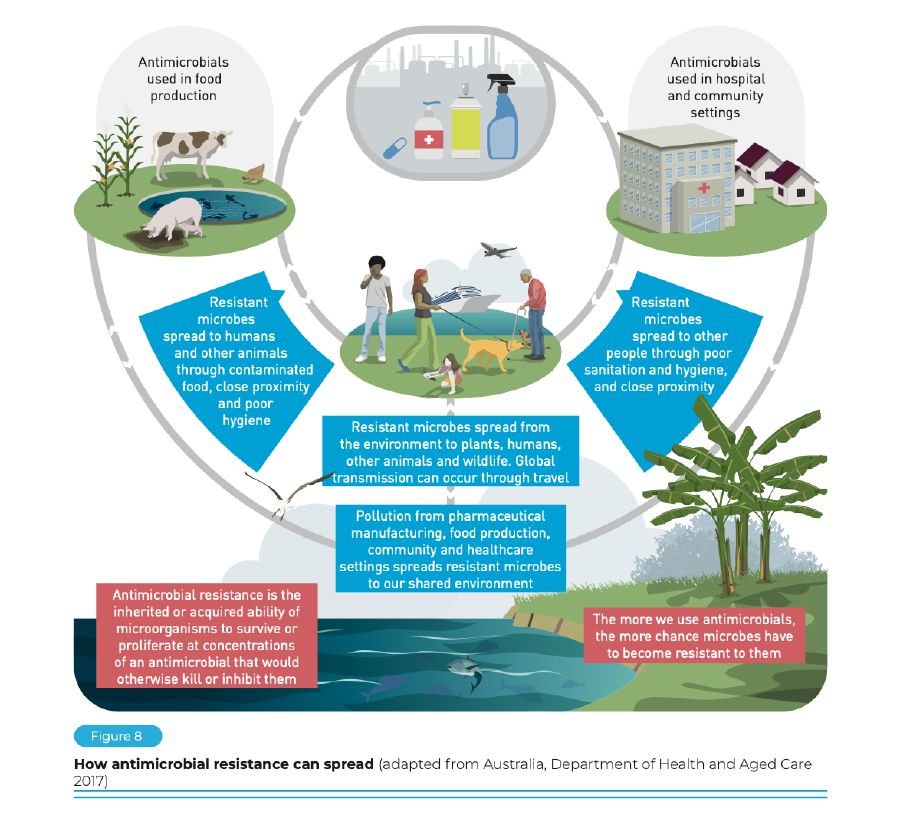
Energiaren Nazioarteko Agentziak (IEA) astelehenean argitaratutako txostenaren arabera, %2,2 igo da energia eskaria 2024an aurreko urtearekin alderatuta, besteak beste, egiturazko arrazoi hauengatik: beroari aurre egiteko argindar gehiago erabili beharra, industriaren kontsumoa... [+]
Kutsatzaile kimiko toxikoak hauteman dituzte Iratiko oihaneko liken eta goroldioetan. Ikerketan ondorioztatu dute kutsatzaile horietako batzuk inguruko hiriguneetatik iristen direla, beste batzuk nekazaritzan egiten diren erreketetatik, eta, azkenik, beste batzuk duela zenbait... [+]
Lurrak guri zuhaitzak eman, eta guk lurrari egurra. Egungo bizimoldea bideraezina dela ikusita, Suitzako Alderdi Berdearen gazte adarrak galdeketara deitu ditu herritarrak, “garapen” ekonomikoa planetaren mugen gainetik jarri ala ez erabakitzeko. Izan ere, mundu... [+]
Ur kontaminatua ur mineral eta ur natural gisa saltzen aritu dira urte luzeetan Nestlé eta Sources Alma multinazional frantsesak. Legez kanpoko filtrazioak, iturburuko ura txorrotakoarekin nahasi izana... kontsumitzaileen osagarria bigarren mailan jarri eta bere interes... [+]
Greenpeaceko kideak Dakota Acces oliobidearen aurka protesta egiteagatik auzipetu dituzte eta astelehenean aztertu du salaketa Dakotako auzitegiak. AEBko Greenpeacek gaiaren inguruan jasango duen bigarren epaiketa izango da, lehenengo kasua epaile federal batek bota zuen atzera... [+]








